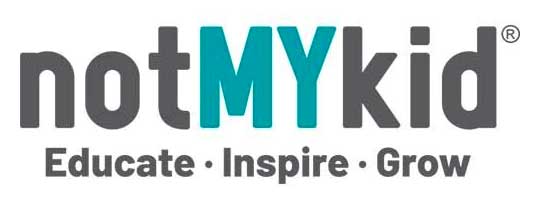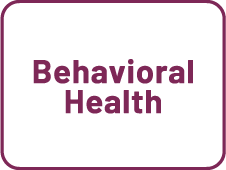You are living in an era of trauma.
2020 has been a year known for a pandemic, social unrest, economic catastrophe, and an uncertain future. Schools have been closed, sports, concerts, events, and even graduations have been canceled. Life as we know it has changed drastically. Some have called it “The Great American Trauma” and scientists have warned that the situation “could inflict emotional trauma and PTSD on an unprecedented scale.”
Trauma is a psychological, emotional, and/or physiological response to an event or series of events that are deeply distressing or disturbing. Situations that can lead to trauma include (but are not limited to) physical violence, sexual assault, severe accidents, war, natural disasters, death of a loved one, and witnessing violence. It’s important to note that trauma isn’t a particular event, but rather how an individual experiences or reacts to that event. Multiple people can go through the exact same event and yet experience it or react to it very differently from one another.
A youth-specific form of trauma is known as Adverse Childhood Experiences, or ACEs. ACEs are traumatic events that a person experiences prior to the age of 18 including things like abuse, neglect, parental mental illness, a parent struggling with substance use disorder, divorced parents, incarcerated parents, and witnessing domestic violence. The acronym ACE can also be used to mean Adverse Community Environments, which can negatively impact a child through things like neighborhood violence, inadequate housing, discrimination, and lack of opportunity.
notMYkid has an ongoing commitment to trauma informed care, which is a concept you may have heard mentioned much more frequently in recent years. In order to best help youth and their families with regard to behavioral health, it’s crucial that we be trauma informed. But what exactly does that mean and why is it important?
Trauma informed care recognizes and understands the widespread impact of trauma and understands the need to create an environment of healing and recovery, rather than a situation where those we serve could inadvertently be re-traumatized.
If the staff providing a program or service are not practicing trauma informed care when helping someone, the situation can unintentionally re-traumatize an individual in a variety of ways. Retraumatization happens when a situation or environment resembles a person’s trauma literally or symbolically, which then triggers feelings and memories associated with that trauma. As shown by the chart below, retraumatization can occur due to an individual or a system.

Provided by the Institute on Trauma and Trauma Informed Care
Trauma informed care seeks to avoid that retraumatization through the following six core principles.
Safety: We ensure the physical, emotional, and psychological safety of all within the treatment environment
Trustworthiness and Transparency: Our decisions are made with transparency with the goal of building and maintaining trust among staff, clients, and the family members of those receiving services
Peer Support and Mutual Self-Help: Individuals with shared experiences are integrated into our and viewed as essential for building trust, establishing safety, and creating empowerment for clients.
Collaboration and Mutuality: There is true partnering and a leveling of power between staff and clients, and among organizational staff from direct care staff to administrators.
Empowerment, Voice, and Choice: Throughout our organization and among the clients served, individuals’ strengths are recognized, built on, and validated. New skills are developed as necessary. We aim to strengthen the choice offered to staff, clients, and clients’ families. We recognize that every person’s experience is unique and requires an individualized approach. This includes a belief in resilience and the ability of individuals, organizations, and communities to heal and promote recovery from trauma. Therefore, we build on what strengths and attributes clients, staff, and communities have rather than responding to perceived deficits.
Cultural, Historical, and Gender Issues: We actively move past cultural stereotypes and biases (based on race, age, ethnicity, sexual orientation, geography, etc.), offer gender responsive services, leverage the healing power and value of traditional cultural connections, and both recognize and address historical trauma.
Few people, if any, saw this unprecedented combination of crises coming in 2020. However, now that it’s here, it’s important that respond to it correctly in order to begin healing and avoid retraumatization. It’s through these six core principles and other research-based methods that notMYkid will do everything within our power to help.
Related resources and articles:
CDC – Preventing Adverse Childhood Experiences
Joining Forces for Children – Adverse Childhood Experiences
Win This Year Podcast – How to Help Kids Through Stressful Times




